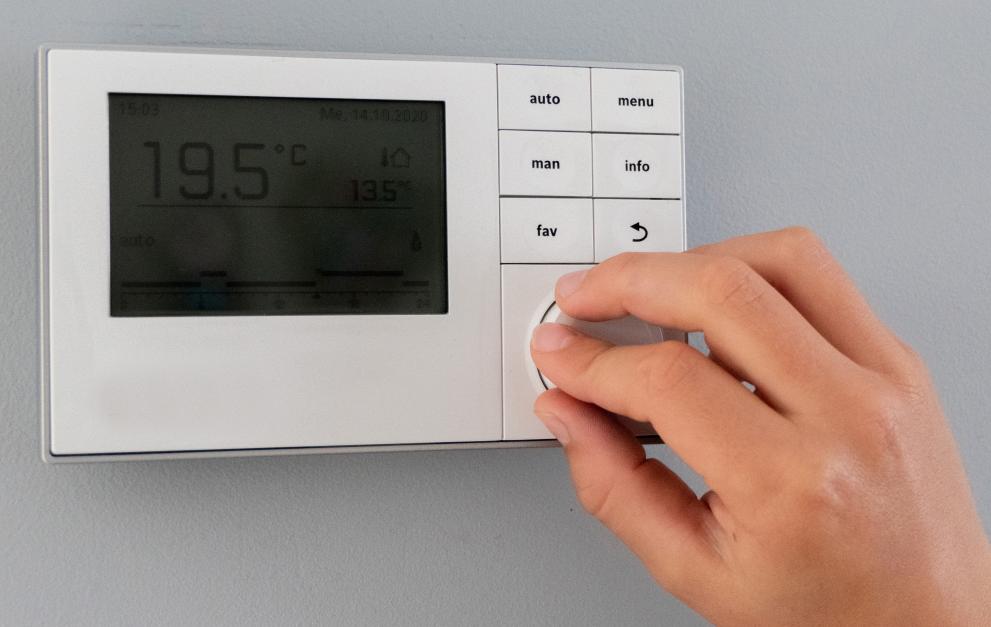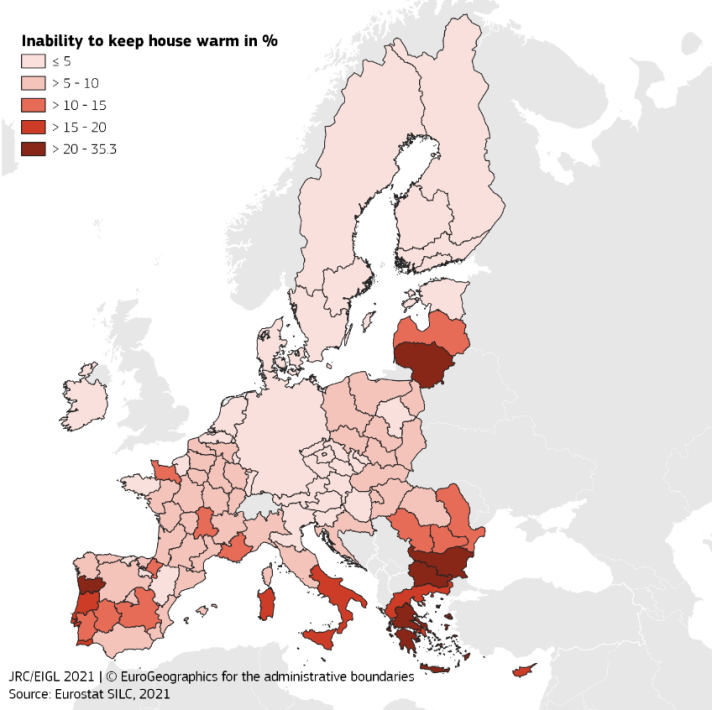
High energy expenses and low energy efficiency can hamper access to essential energy services for people living in low-income households and threaten basic living standards.
Living in energy poverty has negative impact on health, equality and social justice, and affects about 50 million households in the EU.
Energy communities, defined as legal entities within which citizens small businesses and local authorities can come together to generate, manage and consume their own energy, have tremendous potential to fight energy poverty by providing affordable and sustainable energy services, a JRC study reports.
Through local and collective efforts, these communities can significantly reduce energy bills, enhance social cohesion and promote sustainable local development, thus democratising energy production and consumption, as envisaged by the EU Clean Energy for All Europeans package.
Concrete examples
There is a broad range of energy communities and related initiatives across Europe that demonstrate their potential in addressing energy poverty.
For instance, Coopérnico, a renewable energy cooperative in Portugal, rents the rooftops of socially-oriented institutions for solar installations, providing them with additional income, lower energy costs and ultimately, free solar PV installations at the end of the leasing period.
The POWERPOOR H2020 project, which operates in eight EU countries and is led by a network of certified Energy Supporters and Energy Communities Mentors, engages citizens suffering from energy poverty and provides them with advice and funding to implement energy efficiency measures.
The City of Eeklo in Belgium collaborated with a 100% renewable energy cooperative Ecopower, which counts nearly 65,000 members and powers over 50,000 homes, to provide financial support to 750 citizens for membership, allowing them to benefit from lower electricity bills.
There are also initiatives that focus on solidarity funds and offer energy advisor training programmes to unemployed youth, thus creating green jobs while address energy poverty.
Challenges and future work
Despite a wide recognition of the potential, it seems that the number of energy communities actively addressing the issue of energy poverty remains rather limited. Among the reasons are limited awareness and accessibility to energy communities, regulatory barriers and funding constraints.
To overcome these challenges, the study suggests a range of policy and practical measures, including targeted financial support, capacity-building for energy communities and streamlined regulatory frameworks, as well as future research on specific domains.
Related links
Energy Communities and Energy Poverty
European federation of citizen energy cooperatives
Details
- Publication date
- 8 March 2024
- Author
- Joint Research Centre
- JRC portfolios





